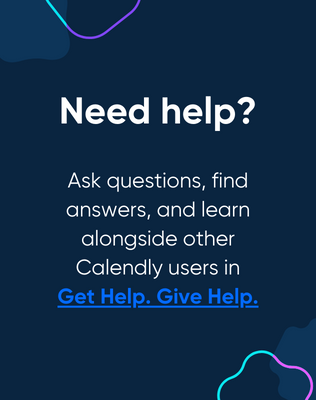I created a buffer of 1hr before an event and 30 min after an event. I have an event from 3-4pm. Why is 230pm show as available (if someone schedules at 230, then the meeting would go to 3pm at which time there is already an event scheduled = no buffer time at all)
Also, I scheduled 30 min buffer AFTER an event...for the same day as above, 5pm is the next available (not 430pm)
What is the logic here….I checked my settings again, it’s for 60min BEFORE an event and 30 min AFTER an event.

